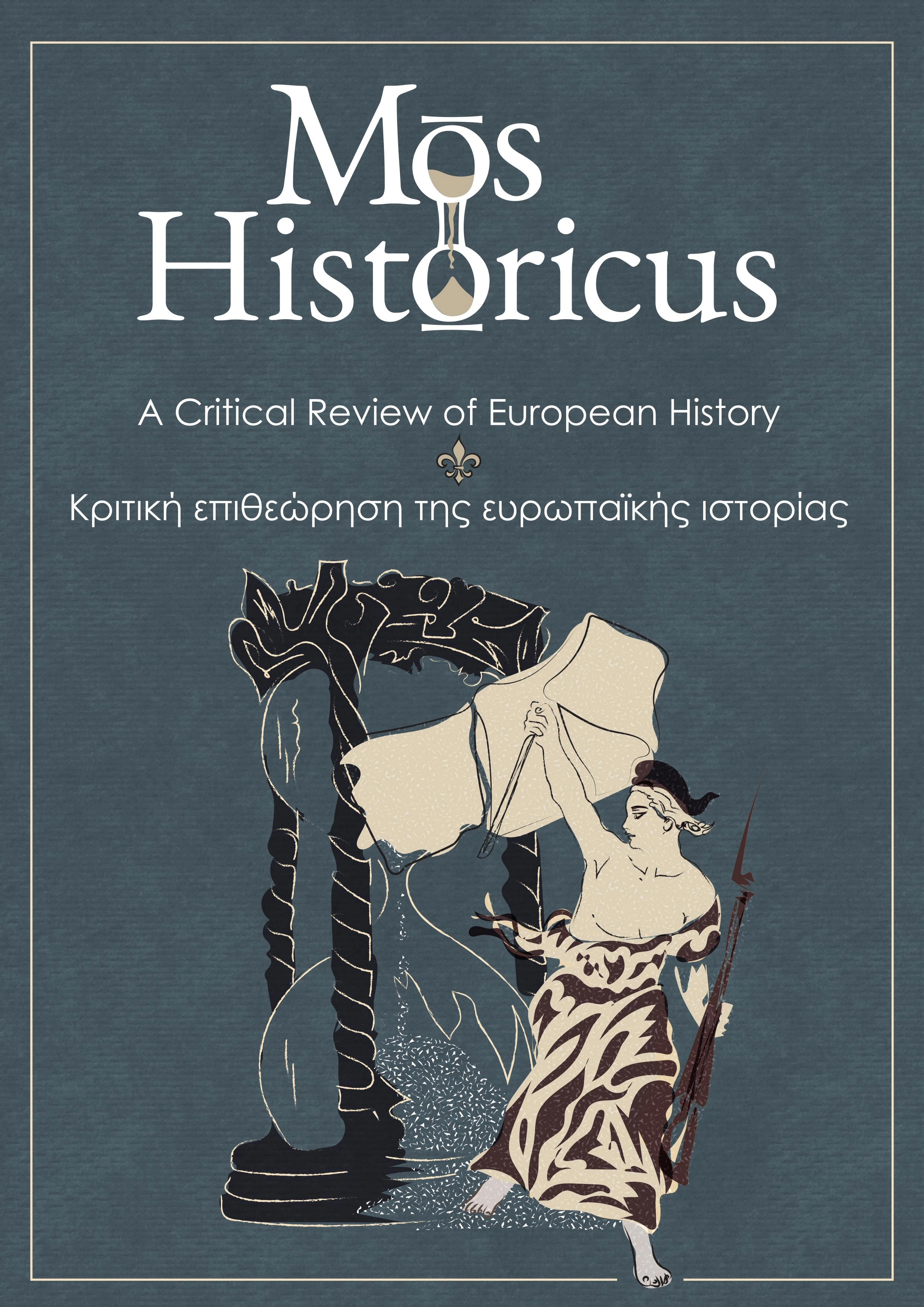Revolutions, Exile, Philanthropy, and Universality in the Long 19th Century The Cases of Marie Esperance von Schwartz and Cristina Trivulzio di Belgiojoso

Abstract
This article examines the practice of voluntary or forced exile as a result of the European revolutions of 1848. More specifically, a brief overview of the practice of exile in the 19th-century is attempted through the study of the cases of two women who were associated with the revolutionary movements of the period: Marie Esperance Brandt von Schwartz (better known by her pen name Elpis Melena) and Cristina Trivulzio di Belgiojoso, situating them within the context of “transnational voluntarism and patriotism”. Schwartz was a supporter of the efforts of the Italian patriots for an Italian Unification and a close friend of Giuseppe Garibaldi. She travelled to Italy and Greece, engaging in philanthropic work, and she aided the Cretan revolt of 1866-69. Belgiojoso dedicated her actions to the national cause of the Italians during the revolutions of both 1830 and 1848
and was associated with Giuseppe Mazzini due to their shared vision. Due to her activities, she was exiled twice, moving to Paris in the 1830s and to Asia Minor in the 1850s. Through her work as a writer, she significantly contributed to the international recognition of the phenomenon of Italian patriots’ exile and to the development of widespread awareness for the necessity of Italy’s liberation and unification. The article situates these two women within the sociohistorical context of the period and examines their active role as agents despite the obstacles posed by their gender.
Article Details
- How to Cite
-
Leontsini, M.-K. (Maritina). (2024). Revolutions, Exile, Philanthropy, and Universality in the Long 19th Century: The Cases of Marie Esperance von Schwartz and Cristina Trivulzio di Belgiojoso. Mos Historicus: A Critical Review of European History, 2(1), 78–115. https://doi.org/10.12681/mh.38754
- Section
- Articles

This work is licensed under a Creative Commons Attribution 4.0 International License.
Copyright Ownership:
Authors retain full copyright over their work published in Mos Historicus: A Critical Review of European History. By submitting to and publishing in the journal, authors grant Mos Historicus the exclusive right to first publication. All published works are made available under the Creative Commons Attribution 4.0 International Licence (CC BY 4.0).
License Terms:
Under the CC BY 4.0 third parties may copy, distribute, display, and adapt the work for any purpose, provided that:
i. the original author and the original publication in Mos Historicus are properly credited,
ii. and any modifications, adaptations, or other changes to the original work are clearly indicated.


